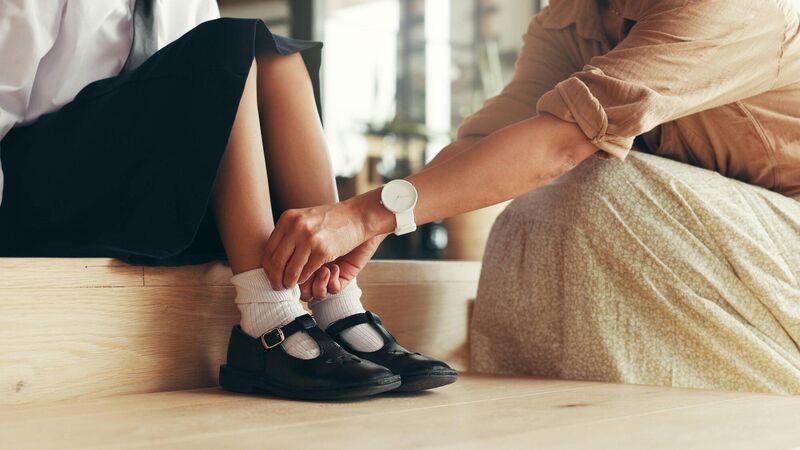Caitríona Redmond: ‘Twas Budget eve, babe, but will our budgets tank?

"I think most people are feeling worn down by the push and pull of politics and international unrest at this point (as I am)."
After months of speculation, tomorrow the Minister for Finance will announce Budget 2026.








